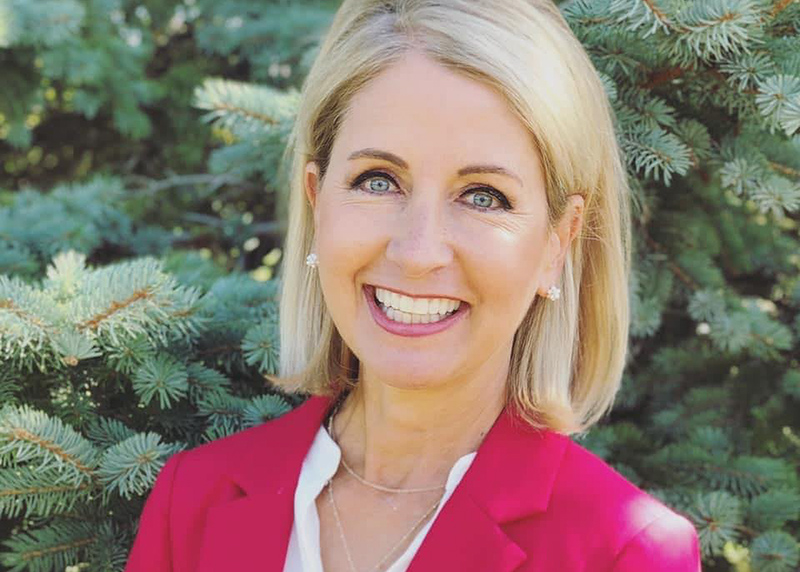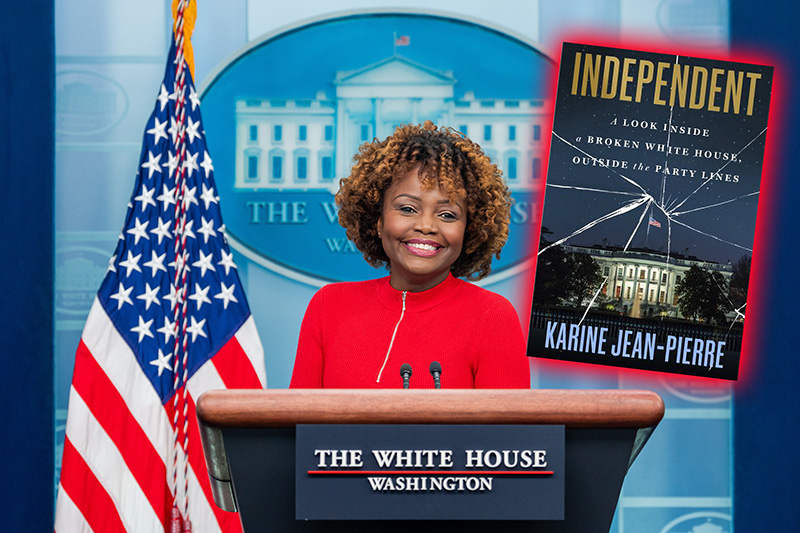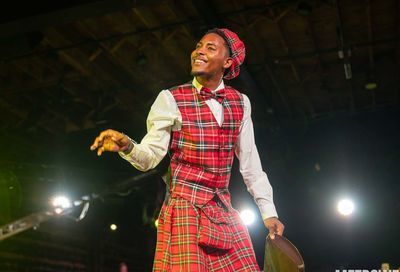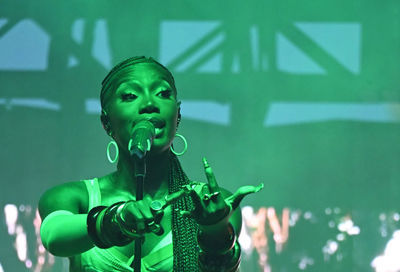Kamala Harris stands out, Pete Buttigieg makes LGBTQ history in second Democratic debate
Harris delivered a knockout blow to Joe Biden, while Buttigieg deconstructed Republicans' religious hypocrisy

U.S. Sen. Kamala Harris (D-Calif.) was the standout on stage on Thursday night in Miami during the second of two Democratic presidential debates, establishing herself as a strong contender and launching attacks at former Vice President Joe Biden (D) over his rocky record on racial justice issues.
South Bend Mayor Pete Buttigieg also made history during last night’s debate, becoming the first openly gay man to participate in a presidential debate.
Buttigieg specifically called out his marriage to husband Chasten — the first mention of a same-sex partner in a presidential debate — noting the importance of the Supreme Court.
“I have the experience of being in a marriage that is possible by a single vote on the Supreme Court,” he said.
Buttigieg also delivered a powerful takedown of hypocrisy among Republicans who espouse their religious ideals, while also sanctioning the detention of migrant children at the border.
“The Republican Party likes to cloak itself in the language of religion,” he said. “We should call out hypocrisy when we see it. For a party that associates itself with Christianity to say that it is OK to suggest that God would smile on the division of families at the hands of federal agents — that God would condone putting children in cages — has lost all claim to ever use religious language again.”
WATCH: Buttigieg addresses his views on "religious hypocrisy." #DemDebate2 pic.twitter.com/WNjhX9El3m
— NBC News (@NBCNews) June 28, 2019
There were no direct questions about LGBTQ equality asked during the second night, but several candidates referenced the LGBTQ community in their answers. Sen. Bernie Sanders (I-Vt.) mentioned LGBTQ people in response to a question about diversity within the Democratic Party.
Harris name-checked the Equality Act as one of her priorities should she be elected president. And Biden mentioned the inclusion of the LGBTQ community as part of a larger civil rights agenda.
Sen. Kirsten Gillibrand (D-N.Y.) referred to her efforts in pushing for the repeal of the military’s “Don’t Ask, Don’t Tell” policy banning gay, lesbian, and bisexual people from serving in the Armed Forces, despite pushback and slow-walking by military officials during the first two years of the Obama administration.
Elsewhere, the sharpest exchange of the night came when Harris confronted Biden over his support of an anti-busing bill, bringing up her own experience as a child attending school in Berkeley, Calif.
“There was a little girl in California who was part of the second class to integrate her public schools, and she was bused to school every day, and that little girl was me,” Harris said.
Biden pushed back, arguing that Harris had mischaracterized his position on busing, telling her she would have been able to attend school because a federal anti-busing bill he had promoted had left it up to local governments and school boards to decide whether to bus children away from their neighborhood schools in an attempt to integrate the public school system.
“I did not oppose busing in America,” Biden said. “What I opposed is busing ordered by the Department of Education.”
But Harris countered, saying that the federal government needed to step in when localities refused to integrate schools.
Harris also attacked Biden for remarks he made regarding his effectiveness in getting legislation passed by working with senators with whom he disagreed, including avowed segregationists. She called his remarks “hurtful.”
But Biden pushed back against the notion that he was endorsing those senators’ views by working alongside them on other non-racial issues. He added that “if we want to have this campaign litigated on who supports civil rights and whether I did or not, I’m happy to do that.”
Harris also took a swipe at Buttigieg for his lackluster response to an officer-involved shooting of a black South Bend resident. (The officer has claimed he was attacked with a knife, but his body camera was turned off at the time.) Harris said that, when she was Attorney General of California, she was “proud to put in place a requirement that all my special agents would wear body cameras and keep those cameras on.”
Buttigieg, who claimed he could not take sides while an investigation of the shooting was being investigated, tried to take responsibility for failing to effectively integrate the police force during his seven years as mayor. He said he recognized that the issue he was facing in South Bend was part of a larger national problem involving tensions and a degree of mistrust between police and people of color.
“I am determined to bring about a day when a white person driving a vehicle and a black person driving a vehicle, when they see a police officer approaching, feels the exact same thing a feeling not of fear but of safety,” Buttigieg said.
But Buttigieg’s response to the shooting and to larger issues of systemic racism was attacked by former Colorado Gov. John Hickenlooper, who claimed that he had encountered a similar situation when he was serving as the mayor of Denver, and managed to take measures to promote accountability and integrate the city’s police force within two years.
Buttigieg was also attacked by California Congressman Eric Swalwell, who argued that Buttigieg should take action by firing the police chief.

While candidates touched on various issues important to the Democratic base, including economic inequality, health care — including a notable moment when all 10 candidates on stage said their plans would include extending health care benefits to undocumented immigrants — and immigration, there were many more attacks lodged against President Trump than there had been during Wednesday’s debate featuring 10 other presidential contenders.
While Wednesday’s candidates had largely touted their own biographies and policies, their counterparts on Thursday sought to contrast themselves with the president and focus on making arguments for why he should not be re-elected next year.
While the LGBTQ advocacy group GLAAD had offered praise for both moderators and candidates alike on Wednesday, GLAAD President and CEO Sarah Kate Ellis took to Twitter, criticizing missed opportunities in the second debate. The organization had previously highlighted five questions dealing with inequality in the LGBTQ community that the organization feels should be asked of presidential candidates, but none have yet been addressed in a public forum.
“#DemDebate2 last night barely mentioned LGBTQ people, no questions from the moderators as we commemorate the 50th Anniversary of Stonewall and continue to fight the daily attacls coming from the Trump administration,” Ellis tweeted. “Media must do better.”
Support Metro Weekly’s Journalism
These are challenging times for news organizations. And yet it’s crucial we stay active and provide vital resources and information to both our local readers and the world. So won’t you please take a moment and consider supporting Metro Weekly with a membership? For as little as $5 a month, you can help ensure Metro Weekly magazine and MetroWeekly.com remain free, viable resources as we provide the best, most diverse, culturally-resonant LGBTQ coverage in both the D.C. region and around the world. Memberships come with exclusive perks and discounts, your own personal digital delivery of each week’s magazine (and an archive), access to our Member's Lounge when it launches this fall, and exclusive members-only items like Metro Weekly Membership Mugs and Tote Bags! Check out all our membership levels here and please join us today!



























You must be logged in to post a comment.